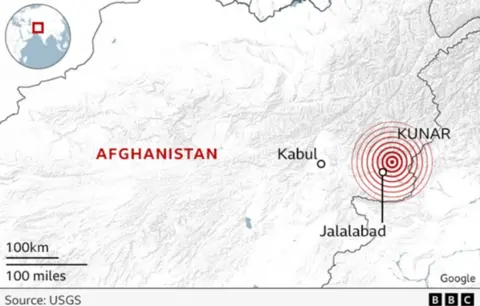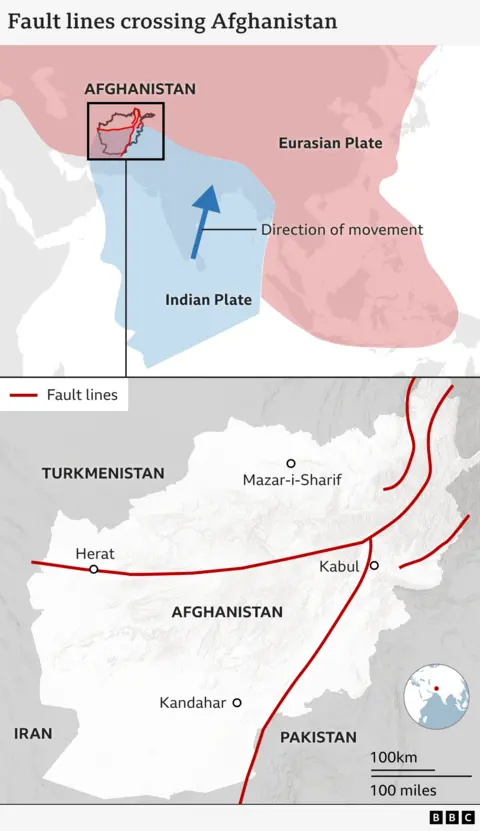Al-Qashouti added that his country remains committed to supporting stability, economic cooperation, and Afghanistan’s political process.
Mirdaf Al-Qashouti, Qatar’s Chargé d’Affaires to Afghanistan, told TOLOnews that Qatar’s efforts to improve relations between Kabul and Washington have been ongoing since 2014.
Al-Qashouti added that his country remains committed to supporting stability, economic cooperation, and Afghanistan’s political process.
Referring to the 2021 agreement between Doha and Washington, he described his country’s role in safeguarding U.S. interests in Afghanistan as vital and stressed that the continuation of the Doha meetings depends on the will of the international community.
The Qatari diplomat said: “In 2021, we signed an agreement with the United States to ensure that Qatar protects U.S. interests in Afghanistan. We can officially represent U.S. interests in Afghanistan; we can serve as mediators and also provide consular, non-consular, and diplomatic services between Afghanistan and the United States.”
In this interview, Al-Qashouti also reaffirmed his country’s long-term support for Afghanistan in various sectors, particularly stability and security, and emphasized that the recognition of the Islamic Emirate is an internal matter and the sovereign decision of individual states.
He stated: “We support any effort that brings stability and security to Afghanistan.”
Al-Qashouti further noted that the dispatch of Afghan workers to Qatar stems from a 2009 agreement, adding that its implementation was officially endorsed in 2022 by Qatari authorities.
He explained: “In 2009, an agreement was signed between Afghanistan and Qatar to regulate and facilitate the dispatch of Afghan workers to Qatar; but in 2022, this agreement was formally endorsed by Qatari leadership.”
Qatar is considered one of the key players in Afghanistan’s political process and developments, having played a significant role.
Following the fall of Kabul, the United States and several European countries relocated their embassies to Doha, where Qatar assumed responsibility for part of their diplomatic interests in Afghanistan. The country has also hosted multiple international conferences attended by representatives of the United Nations and countries with stakes in Afghan affairs.
 Afghanistan Peace Campaign
Afghanistan Peace Campaign

